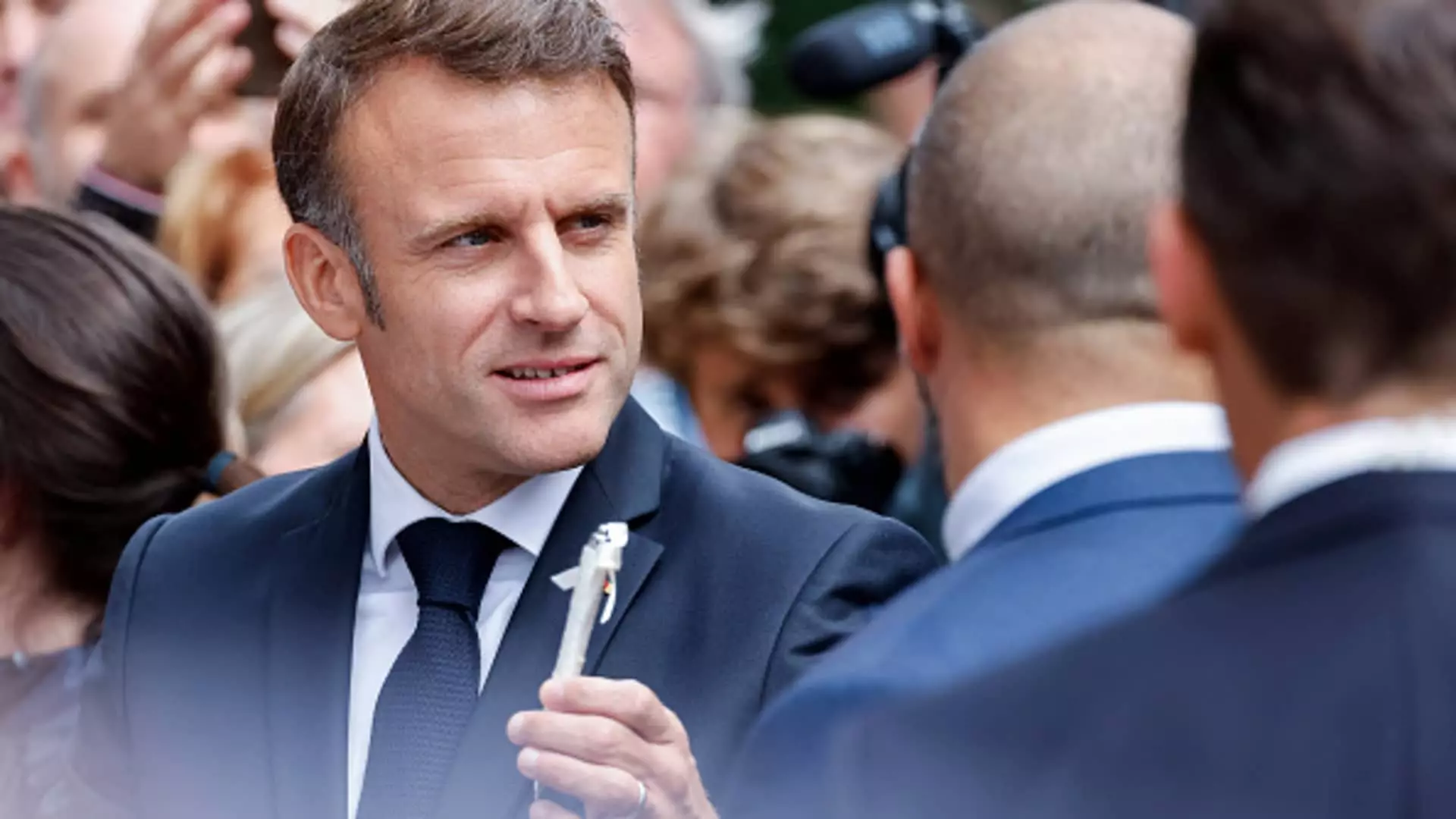French President Emmanuel Macron’s decision to call a snap election in an attempt to secure support for his government did not yield the desired results, leading to mixed outcomes that have left political analysts assessing the aftermath. The move came in response to the rise of the far-right party in the European Union election last month, signaling a need for Macron to solidify his position amidst growing concerns.
The Outcome
The results of the legislative election in France painted a complex picture, with the left-wing New Popular Front coalition emerging as the largest group in parliament. Macron’s centrist Ensemble bloc secured the second-largest number of seats, followed by the far-right Rassemblement National (RN) and its allies. Despite RN placing third overall, the path ahead is far from smooth for Macron, as he now faces challenges from both ends of the political spectrum.
Analysts like Tina Fordham have highlighted the hurdles Macron is likely to encounter in the wake of the election outcome. While he managed to prevent the far-right from claiming the top spot, the increased seat share poses a new set of challenges. The presence of a fragmented parliament, divided evenly among the left, right, and center, raises concerns about the potential for gridlock in policy-making and governance.
The Global Impact
The repercussions of Macron’s election gamble extend beyond the borders of France, affecting his standing on a global scale. Fordham suggested that the weakened position resulting from the election outcome could hinder Macron’s ability to uphold his policy commitments and navigate international relations effectively. The uncertainty surrounding policy-making in a hung parliament scenario adds to the existing economic challenges faced by France, such as high levels of debt.
As Macron grapples with the aftermath of the snap election, questions loom about the implications for the future. Armin Steinbach emphasized that while the far-right may have faced a setback in this election, their influence should not be underestimated in the upcoming presidential election in 2027. The mixed results of the recent election serve as a reminder of the evolving political landscape in France and the intricate dynamics at play.
Macron’s decision to call for a snap election aimed at securing political clarity has resulted in a nuanced outcome that presents both challenges and opportunities. The need to navigate a divided parliament, address economic issues, and prepare for future elections underscores the complexities of governance in a rapidly changing political environment. As Macron prepares to chart a course forward, the lessons learned from this election will undoubtedly shape his approach to governance and policy-making in the times to come.


Leave a Reply